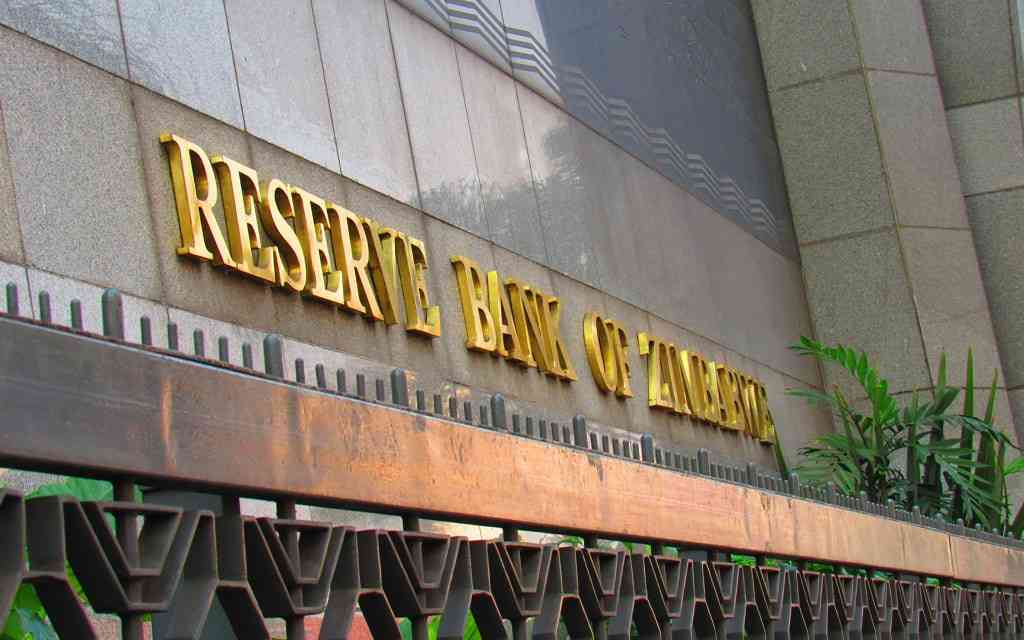
Regional seed producer Seed-Co says it is working on developing rice varieties suitable for the local climatic conditions in order to scale back the country’s reliance on rice imports.
BY Staff Reporter
Naturally, the cereal requires more water than any other crop; it grows well in fertile river basins.
Zimbabwe, which is striving to become a food self-reliant nation, imports upwards of 90% of its rice requirements, with government estimates putting money spent on rice imports at $80 million annually.
“As Seed-Co, we are working on developing rice varieties; our research and development department is currently undertaking trials, and soon we should be able to report back to the market that we have a product,” regional managing director Denias Zaranyika told journalists in Harare yesterday.
“Almost all the rice that is consumed in this country is imported mostly from Asian countries, and we are looking to stop that so that we can produce it on our own and save the scarce foreign currency,” he said.
The top 10 rice-producing countries in the world account for 90% of the world’s rice consumption. These are India, China, Indonesia, Bangladesh, Thailand, Vietnam, Burma, the Philippines, Cambodia and Pakistan.
Zaranyika added that the company was also working on developing potato varieties.
- Chamisa under fire over US$120K donation
- Mavhunga puts DeMbare into Chibuku quarterfinals
- Pension funds bet on Cabora Bassa oilfields
- Councils defy govt fire tender directive
Keep Reading
Over the past seven years, Seed-Co has invested over $28 million towards research and development, as the company intensifies efforts to compete on the global market.
This year alone at least $6 million has been budgeted towards the same cause.
The agro company, which unbundled its regional operations and subsequently listed on the Botswana Stock Exchange, reported a fair set of earnings for the half-year to September 30, 2018.
Revenue for the period rose 82% to $29 million from $15 million during the same period in the prior year, driven by a 115% jump in maize sales.
During the period under review, profit from continuing operations amounted to $5,9 million from a loss position of $35 million, mainly driven by earlier than normal timing of maize seed sales as well as growth in finance income.
Net finance income doubled due to income earned on Treasury Bills held.
Other income came in 24% lower on account of lower commodity sales. Operating costs largely remained flat due to cost containment measures prior to the inflation run that ensued from October.
Margins remained steady due to better product mix. Assets declined to $191 million from $248 million during the prior comparable period due to the unbundling of regional operations under Seed Co International that listed on the Botswana Stock Exchange.











